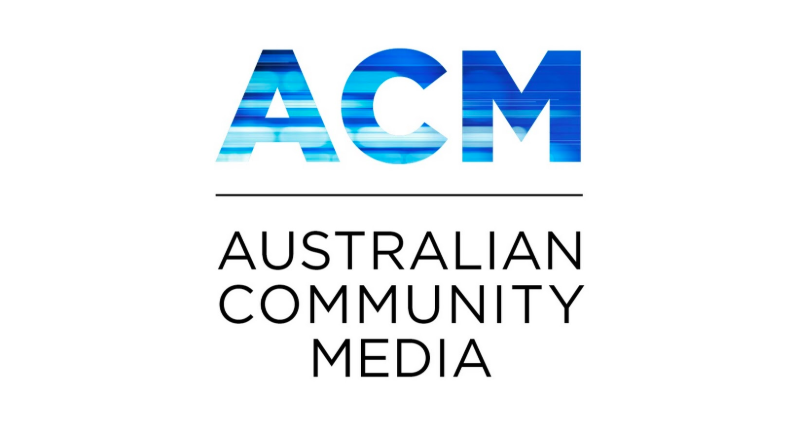Regional news hearing signals potential masthead closures
The House of Representatives Standing Committee on Communications and the Arts began its public hearings on the adequacy of regional news yesterday, 28 February, with both Australian Community Media (ACM) and Seven West Media’s (SWM) West Australian flagging potential masthead closures and job losses for regional newspapers without government intervention.
ACM, whose mastheads include The Canberra Times, Newcastle Herald and Bendigo Advertiser among others, managing director Tony Kendall said that although the News Media Bargaining Code (the Code) had been helpful to ACM’s revenue, it accounted for 5% of ACM’s total revenue.


